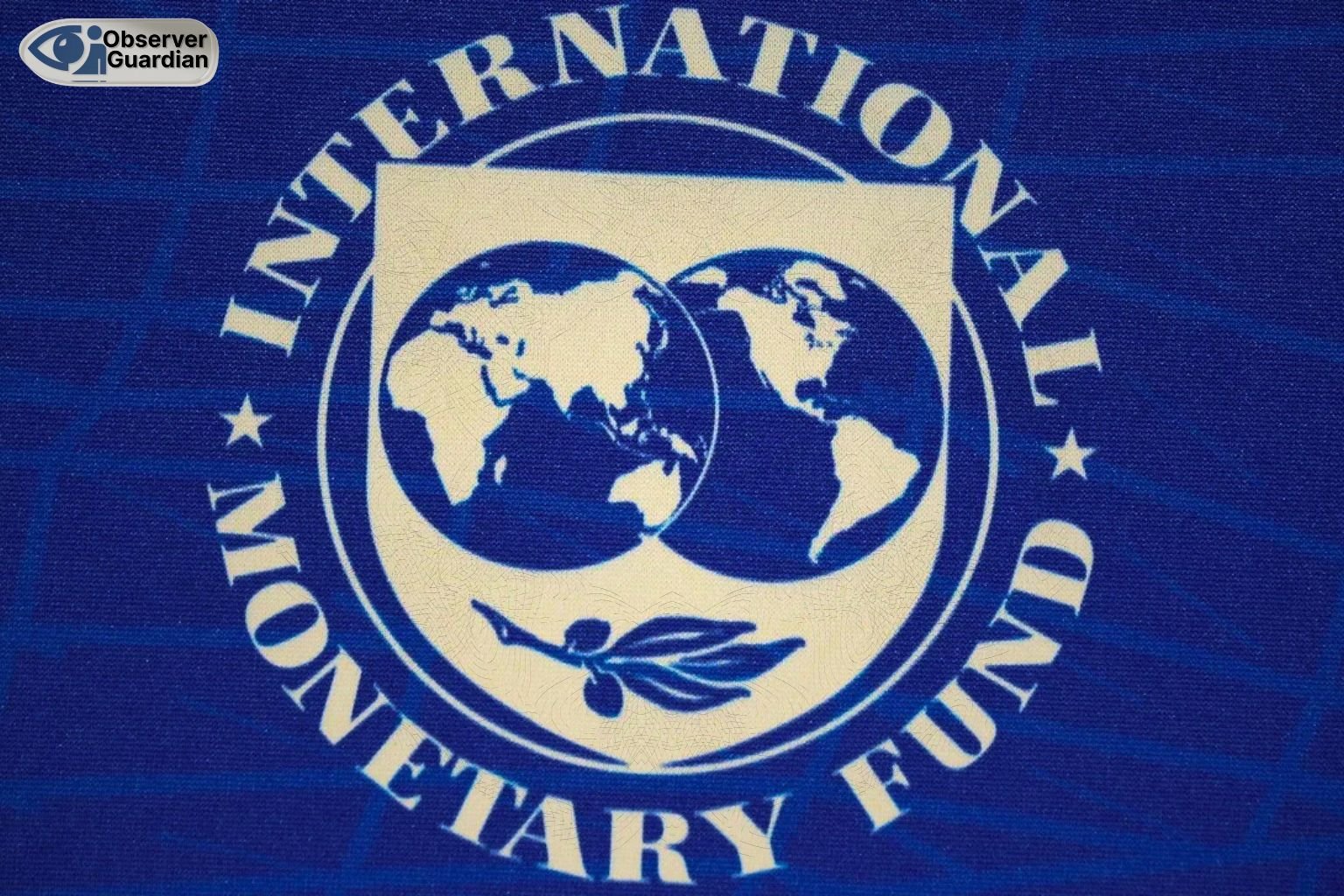Pakistan is set to initiate discussions with the International Monetary Fund (IMF) later this month regarding the release of the next $1 billion tranche under the Extended Fund Facility (EFF). The IMF delegation is expected to arrive in Pakistan on September 25 to begin the second economic review. This review aims to assess Pakistan’s financial progress under the ongoing program and determine its eligibility for the subsequent disbursement.
The upcoming talks are part of the 37-month, $7 billion EFF program agreed upon in September 2024. Under this arrangement, Pakistan has already received over $2 billion in two previous installments. Successful completion of the review will enable the IMF Board to approve the disbursement of the $1 billion tranche, crucial for supporting Pakistan’s economic stability and development initiatives.
Background of the IMF-EFF Agreement
In September 2024, Pakistan secured a $7 billion loan from the IMF under the EFF to address its economic challenges. This agreement provides financial assistance over 37 months, contingent upon Pakistan’s adherence to agreed-upon economic reforms and targets. The first review of this program was completed earlier this year, allowing the disbursement of the initial $1 billion tranche. The upcoming discussions will focus on evaluating Pakistan’s progress and determining the conditions for the next disbursement.
Punjab Launches Dedicated Helpline for Safety of Chinese Nationals
Significance of the $1 Billion Tranche
The $1 billion tranche is critical for Pakistan’s economic stability, as it will provide essential funding for fiscal management and development initiatives. The disbursement will strengthen the country’s foreign exchange reserves, supporting the State Bank of Pakistan in stabilizing the currency and managing external debt obligations. Additionally, the funds will contribute to financing infrastructure projects, social programs, and other key areas vital for economic growth and development.
Expectations from the Upcoming Talks
During the upcoming talks, Pakistan aims to showcase its commitment to implementing essential economic reforms, including fiscal consolidation, structural adjustments, and measures to boost revenue generation. The government is expected to present updated economic data, highlighting progress in controlling inflation, reducing fiscal deficits, and enhancing foreign exchange reserves. The IMF will assess these developments to evaluate Pakistan’s compliance with the program’s conditions and decide on the approval of the next tranche.
Potential Challenges and Considerations
While Pakistan has made progress in stabilizing its economy, several challenges remain. The IMF may closely scrutinize areas where progress has been slower, such as tax reforms, energy sector restructuring, and addressing governance issues. Moreover, external factors like global economic conditions and geopolitical tensions could impact the outcome of the talks. Pakistan’s ability to meet the IMF’s expectations will be pivotal in securing the next tranche and maintaining the momentum of economic reforms.







